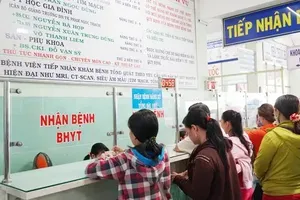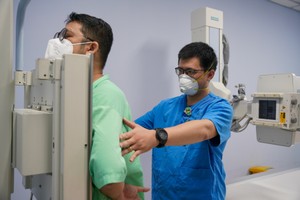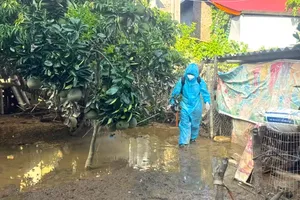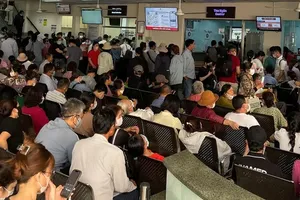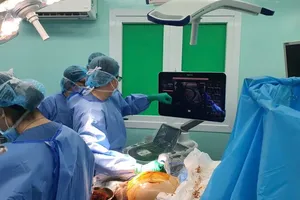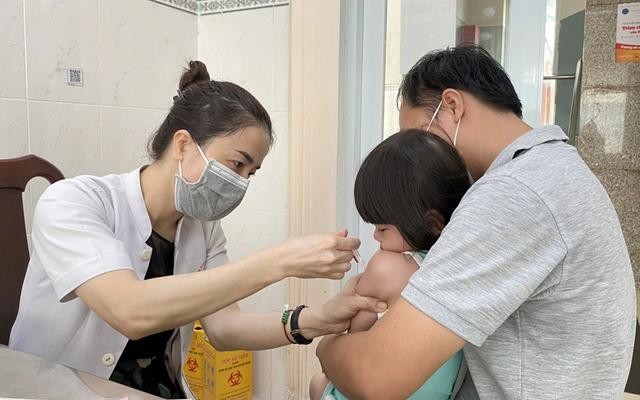
Immediately after the Ministry of Finance and the Ministry of Health approved specific prices for 10 types of domestically produced vaccines which the country’s budget will pay for the Expanded Program on Immunization (EPI), the National Institute of Hygiene and Epidemiology in Hanoi (NIHE) completed the order for 10 vaccines which will be quickly distributed and delivered to localities in the first days of January 2024.
Specifically, more than 1.5 million doses of tuberculosis vaccine (BCG), one million doses of hepatitis B vaccine, nearly 5 million doses of oral polio vaccine (OPV), 1.9 million doses of measles vaccine, 1.7 million doses of measles-rubella vaccine, 1.4 million doses of Japanese encephalitis vaccine, more than 1.5 million doses of combined diphtheria - pertussis - tetanus (DPT) vaccine, nearly 1.5 million doses of tetanus vaccine, nearly 1.4 million doses of tetanus-diphtheria (Td) vaccine and 549,164 doses of Rota vaccine to prevent acute diarrhea will be soon transported to localities across the country to inject children.
According to the NIHE, the above vaccine quantity is enough to inject unvaccinated children in 2023 and children who have missed receiving vaccines on time as specified in the national immunization schedule in the first 6 months of 2024.
The Institute of Hygiene and Epidemiology will receive the above-mentioned vaccines and place them in the national vaccine warehouse for quick distribution and delivery to localities in the first days of January 2024.
Moreover, the Institute and institutes of hygiene and epidemiology in regions and Pasteur institutes will direct disease control centers in 63 provinces and cities to maintain regular vaccination work in the coming time. At the same time, in the first quarter of 2024, medical workers will enhance the administration of catch-up vaccinations for children who have not been fully vaccinated during the vaccine interruption period in order to improve community immunity and proactively prevent infectious diseases during the winter-spring 2024.

